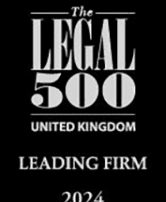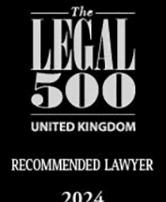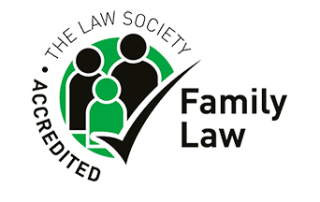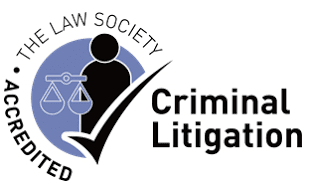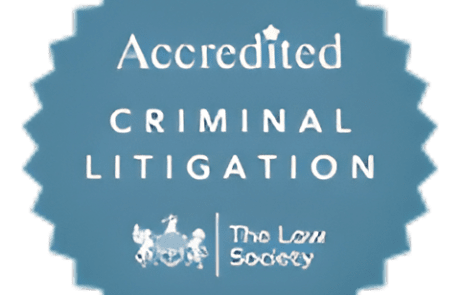Speeding
Speeding Allegations
A speeding allegation usually begins when the Registered Keeper of a vehicle (RK) receives a Notice of Intended Prosecution (NIP) from the police. This creates a legal obligation on the RK to respond within 28 days, identifying the driver at the time of the alleged speeding. This is not an admission of guilt and the RK should respond even if he or she is the driver but doesn’t accept the speeding allegation.
Failure to identify the driver within 28 days is in itself a criminal offence that will lead to court proceedings and carries a sentence of 6 penalty points, a fine, court costs and a victim surcharge. If the RK identifies someone else as the driver, that person will in due course receive their own NIP, asking them to identify the driver. That person must also respond correctly within 28 days or face a charge of failing to do so.
How do you defend an allegation of speeding?
Has the NIP been served in time? The police have 14 days to send the NIP so that the RK should receive it in the ordinary course of the post. There is an exception to this where there is a delay in the police receiving RK details. If the NIP is out of time for no good reason then it will be void. If you think a NIP is out of time, in my view you should still respond to it just in case the delay was subsequently determined to be through no fault of the police. NB there is no time limit in which to send any further NIPs triggered by a response from the RK.
Is the prosecution in time? For an offence of speeding, the police have 6 months to provide information relating to the charge to the court. If they submit this information late, then the prosecution would be out of time.
Is there actually any evidence before the court that you were driving the vehicle? There must be admissible evidence before the court such as a witness, or there will be insufficient evidence for you to be convicted.
Is there evidence as to the proper speed limit at the time? The prosecution must provide sufficient evidence to the court to establish the relevant speed limit. Remember of course that a temporary speed limit would have to be supported by legislation in force and that a speed limit can apply to the road, the vehicle or both.
Is any required signage present and adequate? What traffic signage is required for a prosecution to be successful can be complex and can require careful scrutiny of the Traffic Signs Manual. Any road that has street lighting has a default speed of 30mph unless it is correctly signed otherwise. In the absence of street lighting, the default speed limit is the National Speed Limit ie 60mph for single and 70mph for dual- carriageways. If obligatory signage is obscured for example by trees or so worn that it is unreadable, the court may determine that it is inadequate and you would avoid a conviction.
Is there sufficient evidence of excess speed? You cannot be convicted for speeding (other than for exceeding 70mph on a motorway) solely on the evidence of one witness. Corroborating evidence is required. Sufficient evidence can some from a “an approved device” such as a speed camera. The prosecution must provide evidence that the device has been approved by the Home Office and must be properly calibrated, operated properly and functioning correctly. Having said that, if the device is shown to be “approved”, it is more difficult to challenge the accuracy of the device in terms of operation and function. The Court of Appeal have closed many of the “loopholes” around such challenges in recent years.
Is there a defence of necessity available for speeding? The law does, in extreme circumstances, recognise a defence of necessity where the driver in driving in excess of the speed limit, can be said to be acting reasonably and proportionately in order to avoid a threat of death or serious injury. This is a difficult and complex defence and legal advice would be advisable if you think that it might apply.
Should I accept a fixed penalty or speed awareness course?
If you believe you have a valid defence and want your day in court, then I would never discourage you. I understand how important a driving licence is for employment and day to day life. However, If you identify yourself as the driver in response to a NIP that appears to have been received in time, it is worth considering the current state of your driving licence and the speed alleged, prior to making a decision on how to proceed.
First of all have a look at the sentencing guidelines to see what the likely sentence would be if you took the case to court and lost. The police may offer you a fixed penalty of £100 and 3 penalty points where the speed alleged is one that would attract 3 or indeed more penalty points if you rejected it and were convicted at court. In some cases, you may think that given the uncertainty of success in challenging speeding at court, accepting the fixed penalty is perhaps the most pragmatic course of action.
Pragmatism is more likely to be the deciding factor if you have been offered a speed awareness course. They cost around £100 and probably mean time off work but they are a 100% guarantee of no penalty points.
Have a question
about Speeding?
contact us today!
If you’d like to book an appointment
or would simply like to speak to one of
our solicitors, please fill in the your
details and we’ll get right back to you.
We look forward to learning how we
can help you!
Have a question about Speeding?
contact us today!
If you’d like to book an appointment
or would simply like to speak to one of
our solicitors, please fill in the your
details and we’ll get right back to you.
We look forward to learning how we
can help you!







